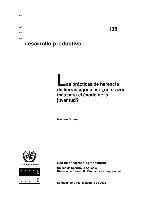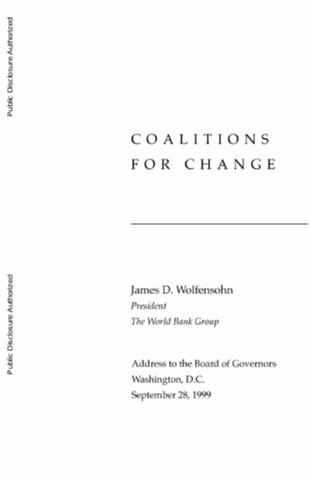Power and Resources within the Household: Overview
The collective model of the household predicts that bargaining power determines the share of resources allocated to an individual within the household. The concept of bargaining power is elusive, however. It is perhaps useful at this point to outline the possible determinants of bargaining power, while not making any claims to measure power itself.










